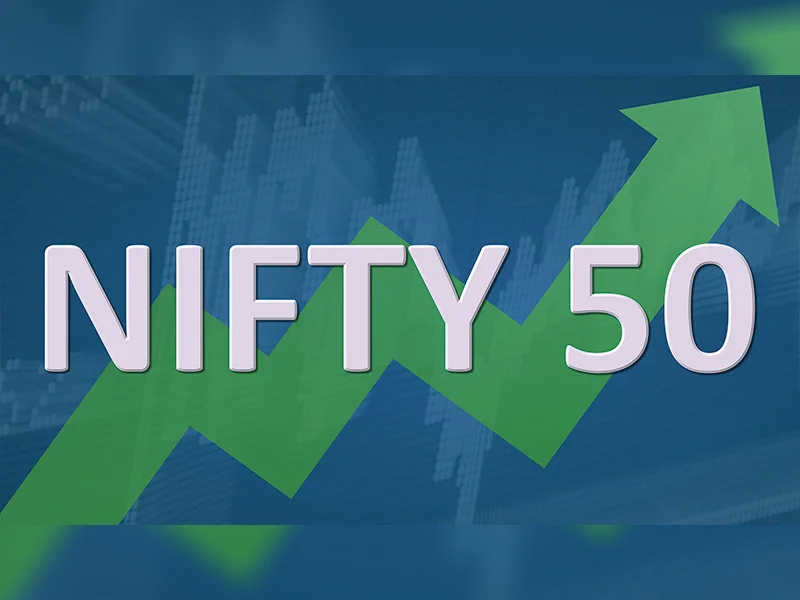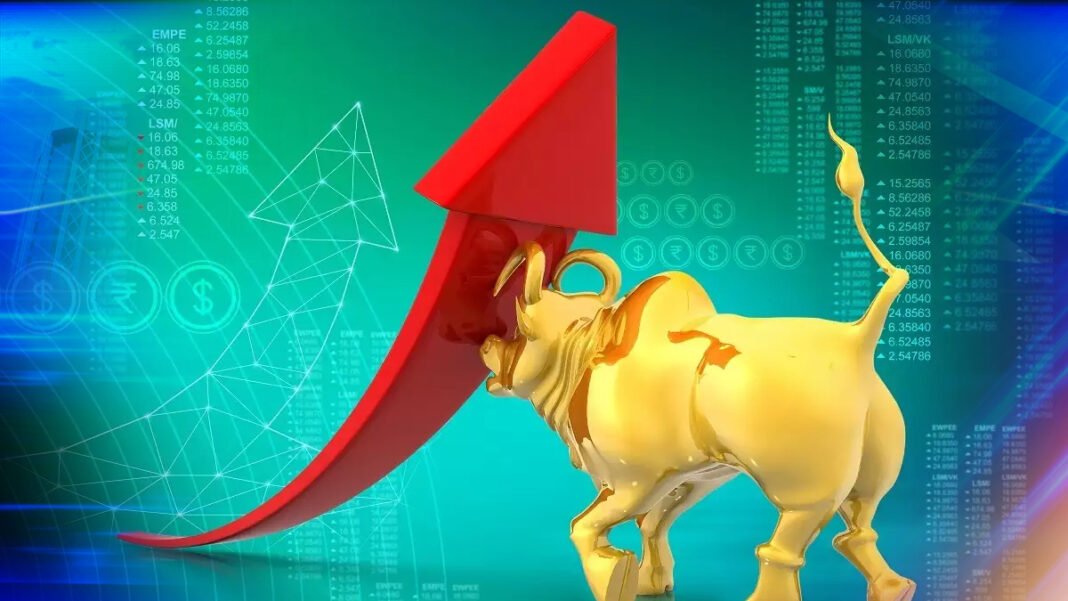The future is looking pretty nifty, thanks to technology! We’ve come a long way in recent years, and manufacturers are now able to produce products that are more efficient, durable and affordable than ever before. What’s even more exciting is that this is just the beginning. In the coming years, we can expect even more advances in manufacturing technology, which will ultimately lead to even better products for consumers. So what can we expect from the future of manufacturing? Here are a few things to keep an eye out for:

What Is Nifty Future?
Nifty future is an Indian stock market index, which is used to measure the performance of the top 50 companies listed on the National Stock Exchange of India. The index has a base value of 1000 and is calculated on a daily basis. Nifty future is considered to be a barometer of the Indian economy and is widely followed by investors across the globe.
What Is The Difference Between Nifty Future And Cash Future?
Nifty Future is a derivative contract where the underlying asset is the Nifty index, which is an index of the top 50 companies listed on the National Stock Exchange (NSE) of India. Cash Future is a derivative contract where the underlying asset is cash, or physically delivered commodities.
The main difference between Nifty Future and Cash Future contracts is that Nifty Future contracts are cash-settled, meaning that no physical delivery of the underlying asset takes place. Cash Future contracts are physically-settled, meaning that delivery of the underlying asset does take place.
Another difference between these two types of futures contracts is that Nifty Futures are traded on the National Stock Exchange (NSE), while Cash Futures are traded on the Intercontinental Exchange (ICE).
What Are The Benefits Of Trading In Nifty Future?
When it comes to trading in India, Nifty Future is one of the most popular options. It is a contract that gives the trader the right, but not the obligation, to buy or sell an underlying asset at a specified price on or before a certain date. The main benefit of trading in Nifty Future is that it helps to hedge against market risks. By taking a long or short position in Nifty Future, traders can protect themselves from sharp swings in the market. Moreover, since Nifty Future is highly liquid, it provides an opportunity to take advantage of even small price movements.
How To Trade In Nifty Future?
If you’re looking to trade in nifty future, there are a few things you need to know. First, what is nifty future? Nifty future is a derivative contract where the buyer agrees to buy or sell an underlying asset at a predetermined price on a specified date in the future. The underlying asset can be anything, but most commonly it is a stock index or a currency.
To trade in nifty future, you will need to open an account with a broker that offers derivative trading. Once you have opened your account and funded it, you can then start placing orders to buy or sell nifty future contracts. To do this, you will need to have an understanding of the different types of orders that can be placed, as well as the different order types for each exchange.
When placing an order to buy or sell nifty future, you will need to specify the following:
- The number of contracts you want to trade
- The price at which you want to buy or sell (known as the “limit” price)
- The expiry date of the contract
- Your “stop loss” and “take profit” levels (these are your exit prices should the market move against you)
- Once your order has been placed, it will remain open until one of the following happens:
- It is filled by another trader The contract expires You cancel the order manually
- Once your order has been filled, you will be required to settle your position by paying/rece

